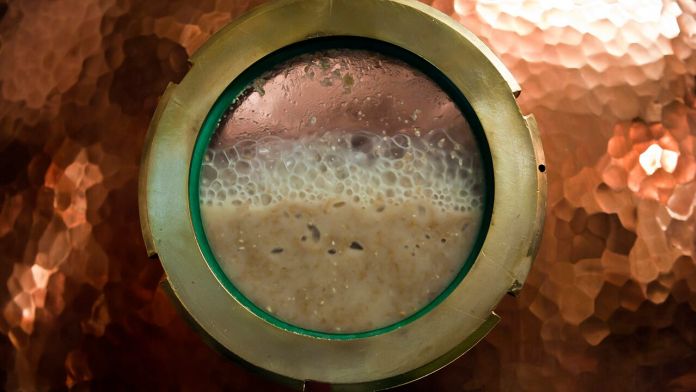Auto-brewery syndrome is a rare condition involving excessive fungal growth in the gut
One man was feeling drunk even though he didn’t drink any alcohol.
The 47-year-old man had gut fermentation syndrome, also known as auto-brewery syndrome (ABS). This rare condition involves excessive fungal growth in the gut which feeds on carbohydrates and then fuels ethanol production. Often times, ABS is linked to an excessive amount of yeast in the gut.
Clinicians tried putting the patient on a low-carb diet and course of antifungals, but signs of intoxication persisted, according to a case study published this month in the Annals of Internal Medicine.
The intoxication was so chronic that the man even “lost his driving license after a random police check,” according to a report by Insider.
Clinicians then looked to fecal microbiota transplantation, or in other words, a poop transplant. Bacteria in the feces was transferred into the patient’s small intestine. The transplant came from the man’s 22-year-old daughter and his symptoms resolved, at least until his most recent follow-up at 34 months, according to the outlet.
The authors of the report said the case is believed to be the “first successful treatment of a patient with chronic gut fermentation syndrome by using fecal microbiota transplantation.”
Fecal transplants should be considered in similar cases, researchers said, per Insider.
Those with diabetes, cirrhosis, or people who’ve had digestive tract surgery are at higher risk for auto-brewery syndrome because the fungus feeds off elevated blood sugar, the outlet reported.
In recent years, there have been other reports of auto-brewery syndrome, also sometimes referred to as “drunkenness disease.” In October, for instance, a case study published in BMJ Open Gastroenterology detailed one man’s experience with the syndrome which he said to have developed after finishing a round of antibiotics.
In a separate instance, doctors detailed a Chinese man’s ABS case. The amount of alcohol-producing bacteria in his gut potentially led him to develop non-alcoholic fatty liver disease which had “severely” damaged his liver, according to a report at the time.













![Hotstar Premium Cookies 2019 [*100% Working & Daily Updated*] Hotstar Premium Cookies 2019 [*100% Working & Daily Updated*]](https://tahav.com/wp-content/uploads/2019/11/Hotstar-Premium-Cookies-Free-100x70.jpg)



